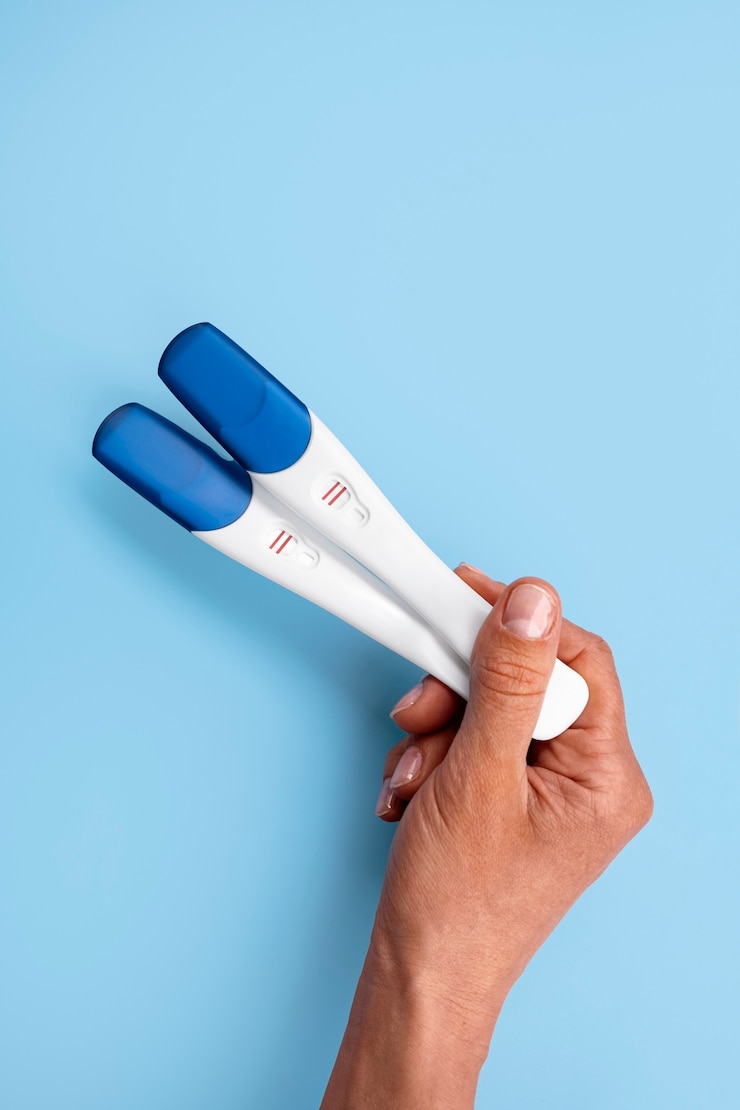
Pregnancy is a life-changing experience for any woman. Thanks to advancements in medical science, it’s now easier and faster than ever to confirm pregnancy. There are two main ways to find out if you’re expecting: a blood test done at your doctor’s office or a urine test that you can conveniently take at home.
How Home Pregnancy Tests Work
Home pregnancy tests are designed to be simple and easy to use. They measure a hormone called Human Chorionic Gonadotropin (HCG), produced by the placenta during pregnancy. Understanding how these tests work starts with understanding the role of HCG. Once the egg is fertilized, HCG production begins, and its levels double every two to three days, peaking by the end of the first trimester.
When a fertilized egg implants into the uterus, HCG enters your bloodstream. This typically happens within 6–7 days after fertilization. Shortly after, HCG levels rise rapidly and can be detected in your urine, which is how home pregnancy tests give a positive result.
After ovulation, it usually takes about seven days for the egg to travel from the ovary to the uterus. Fertilization can happen during this time or after the egg reaches the uterus. Once the fertilized egg implants into the uterine lining, HCG production starts. Since sperm can survive inside the body for up to five days, it can be hard to pinpoint exactly when fertilization occurs. This is why most doctors recommend waiting at least three days after a missed period (or around 16 days after ovulation) to take a pregnancy test.
If you have irregular periods, determining the best time to take a test can be tricky. Irregular cycles are those that are more than 35 days apart or less than three weeks apart. If this applies to you, it’s best to wait at least four weeks (or 36 days) from your last instance of unprotected sex before testing.
The Best Time to Take a Home Pregnancy Test
While many home pregnancy test kits claim to detect pregnancy even before a missed period, it’s best to wait a few days after your period is late to get the most accurate result. Some women ovulate later than expected, and implantation of the fertilized egg can also take a few days. Even after implantation, it takes time for HCG levels to rise enough to be detected in your urine.
Keep in mind that every pregnancy is different. HCG levels can vary from one pregnancy to another, even for the same woman. A faint or negative result doesn’t always mean you’re not pregnant—it could simply be too early to detect. If your period hasn’t started and you’re still unsure, wait a few more days and take another test.
The concentration of HCG in your urine is highest in the morning, which is why it’s recommended to take the test right after waking up. For the most reliable result, wait at least 24 hours after missing your period. Using a high-quality pregnancy test kit is also essential to ensure accuracy.
Finding out about your pregnancy early on allows you to explore your options and seek the necessary care from your doctor. The sooner you know, the better prepared you’ll be for what’s ahead.